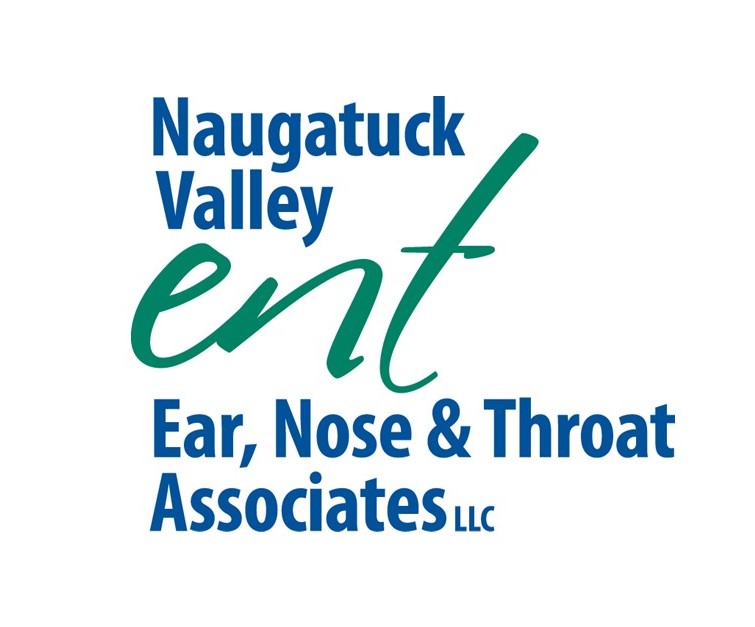Hyposmia and Anosmia Explained | What Happens When You Can’t Smell in Southbury, CT
Have you ever noticed your morning coffee just doesn’t smell the same, or at all? Or that you’re no longer catching the scent of your favorite meal cooking in the kitchen? If so, you may be experiencing hyposmia (a reduced sense of smell) or anosmia (a total loss of smell). These conditions may seem minor, but they can have a significant impact on daily life and may be signs of underlying health issues.
What Are the Signs of Smell Loss?
Symptoms of hyposmia or anosmia may develop gradually or occur suddenly. They often include:
- A noticeable reduction or absence in your ability to smell
- Decreased sense of taste (since smell and flavor are closely connected)
- Nasal congestion, inflammation, or drainage
- Reduced appetite or interest in eating
- Sinus pressure or pain
These symptoms may overlap with chronic sinusitis, allergies, or recent respiratory infections. Smell loss isn’t typically painful, but it can affect your health, nutrition, and even safety by dulling your ability to detect spoiled food, smoke, or gas leaks.
What Causes Hyposmia and Anosmia?
The most common culprit is nasal blockage from a cold, allergies, or a sinus infection. Other causes include:
- Chronic sinus infections with or without nasal polyps
- Deviated septum or nasal growths
- Head trauma
- Post-viral effects (like from the flu or COVID-19)
- Normal aging, especially after age 65
- Rarely, neurological conditions or tumors
Sudden or long-lasting smell loss deserves medical attention, especially if it’s accompanied by other neurological symptoms like memory issues or difficulty speaking.
How Is It Diagnosed and Treated?
Our team at Naugatuck Valley ENT begins with a detailed medical history and a thorough examination of the nose. Imaging tests, such as CT scans or MRIs, may be used, along with specialized smell tests, to measure your olfactory function.
Depending on the cause, treatments may include:
- Nasal sprays, rinses, or oral medications
- Antibiotics for infections
- Surgical procedures to remove obstructions
- Smell retraining therapy
- Home safety upgrades, like gas and carbon monoxide detectors
Even if your smell loss is permanent, management strategies can help you live more safely and comfortably.
Seeking Help & Treatment
At Naugatuck Valley ENT, our specialists understand how closely tied your sense of smell is to memory, emotion, safety, and even your enjoyment of food. That’s why changes in your ability to detect odors should never be ignored. If you’ve noticed changes in your sense of smell, especially those lasting more than a few weeks, it’s time to consult a specialist. Our team is here to help you identify the root cause of the issue and explore the best path forward. Contact us at (203) 578-4630 to schedule an appointment or visit our Services page for more information.
Don’t ignore what your nose is trying to tell you—because when your sense of smell fades, so does an essential part of life.
Sinus and Nasal Condition Services at Naugatuck Valley ENT
If you’re experiencing a sinus or nasal-related condition, don’t let it hinder your health and well-being any longer. At Naugatuck Valley ENT, we have the expertise and resources to diagnose, treat, and manage your sinus or nasal-related conditions effectively. Our dedicated team of professionals is ready to provide exceptional care. Contact us today at (203) 578-4630 to schedule a consultation.
Our noses facilitate breathing by keeping out potentially harmful dirt, allergens, and other agents. However, our noses and sinuses can become infected or inflamed, making breathing uncomfortable or difficult. Learn more about some of the common sinus and nasal conditions Naugatuck Valley ENT can diagnose and treat.
- Deviated Septum is a condition when the nasal septum is off-center. The nasal septum is the bone and cartilage that divides the inside of the nose in half. The bone and cartilage are covered by a special skin called a mucous membrane with many blood vessels. Ideally, the left and right nasal passageways are equal in size. However, it is estimated that as many as 80 percent of people have an off-center nasal septum.
- Fungal Sinusitis is a broad term used to describe various situations when fungus might be involved in the cause or symptoms of nasal and sinus inflammation. Fungus is an entirely separate “kingdom” from plants and animals; it is plant-like but cannot create its own food like plants.
- Geriatric Rhinitis is an inflammation of the mucous membranes or nasal cavity lining. Patients with geriatric rhinitis may have nasal obstruction or congestion, runny nose or post-nasal drip, itchy nose, sneezing, and/or nasal dryness or crusting.
- Nasal Fractures or broken noses may result from facial injuries in contact sports or falls. Injuries affecting the teeth and mouth may also affect the nose. If you’ve been struck in the nose, it’s important to see a physician to check for septal hematoma.
- Nosebleeds (called epistaxis) are caused when tiny blood vessels in the nose break. Nosebleeds are very common and affect many people at some point in their lives. About 60 percent of people will experience a nosebleed in their lifetime, typically young children and adults over the age of 50.
- Sinus Headaches: Not every headache results from sinus and nasal passage problems, as the headache might actually be a migraine or tension headache. The confusion is common, as a migraine can cause irritation of the “trigeminal,” or fifth cranial nerve, a nerve with branches in the forehead, cheeks, and jaw. This may produce pain and nasal symptoms in or near the sinus cavity.
- Sinusitis usually has symptoms of discolored nasal drainage and blockage that last more than 10 days. Sinuses are hollow spaces in the bones around the nose that connect to the nose through small, narrow channels. Sinusitis, also called rhinosinusitis because the symptoms involve both the nose and the sinuses, affects about one in eight adults annually.
Please schedule an appointment with Naugatuck Valley ENT at (203) 578-4630.




